

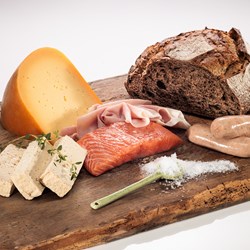
Naturally occurring magnesium chloride (MgCl2) is a healthy, innovative alternative to sodium chloride (NaCl), commonly known as salt. Nedmag introduced this product to the market in February. Application Technologist, Jetze Wijnia discusses the benefits. “The ingredient, or additive, is not only natural but can also reduce the amount of sodium in food products by up to 40%. It also offers health benefits."
In the first instance, Nedmag aims to actively contribute to the call of the World Health Organisation (WHO) to reduce sodium consumption. “Magnesium chloride is part of Nedmag's Pure Health & Earth range," says Jetze Wijnia, a senior food application technologist. “Nedmag extracts the magnesium salt from a unique salt layer, nearly 2000 metres underground near Veendam in the north-east of the Netherlands. This salt layer is what remains of the former Zechstein Sea. The mineral is a food-grade product which can be used as an ingredient or additive."
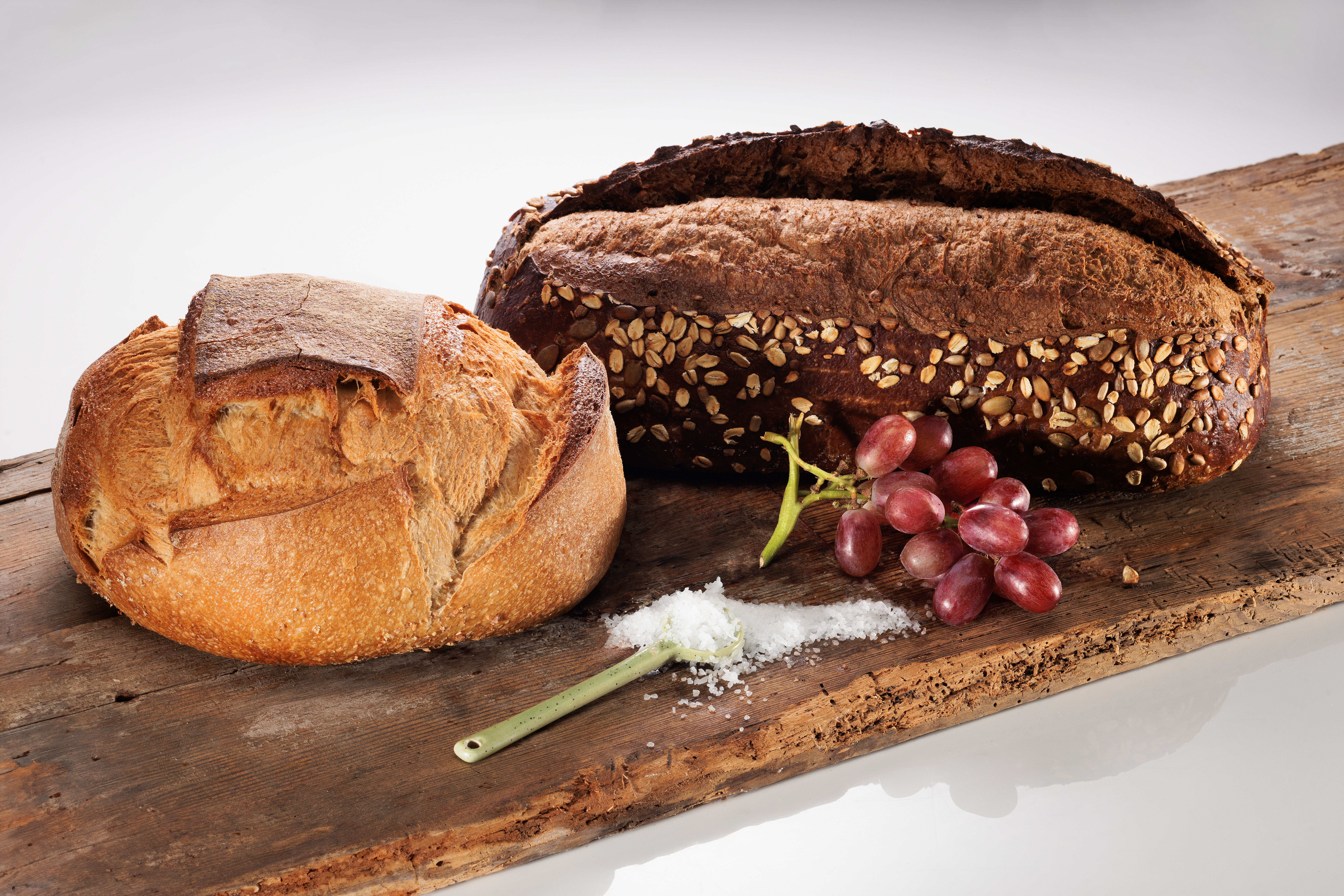
Reduced Sodium
With magnesium chloride, Nedmag focuses on reducing sodium and enriching the magnesium content of food. Wijnia explains, “In collaboration with a number of parties in the Dutch bakery industry, a new bakers' salt is being developed: lower in sodium and enriched with magnesium. Depending on the recipe, the replacement of sodium chloride with magnesium chloride can reduce sodium content by up to dozens of percentage points in dairy, bread and meat/vegan products.
With sodium chloride reductions of up to 25%, it is possible to make interesting claims with regard to sodium, such as 'low in sodium'. “We are also seeing that magnesium chloride is being used to improve product Nutri-Scores. Food product developers are working hard to improve Nutri-Scores by reducing fat and adding fibre, for example. By using magnesium chloride to reduce sodium, Nutri-Scores can sometimes be improved by two steps, from D to B in hybrid meat products, for example.
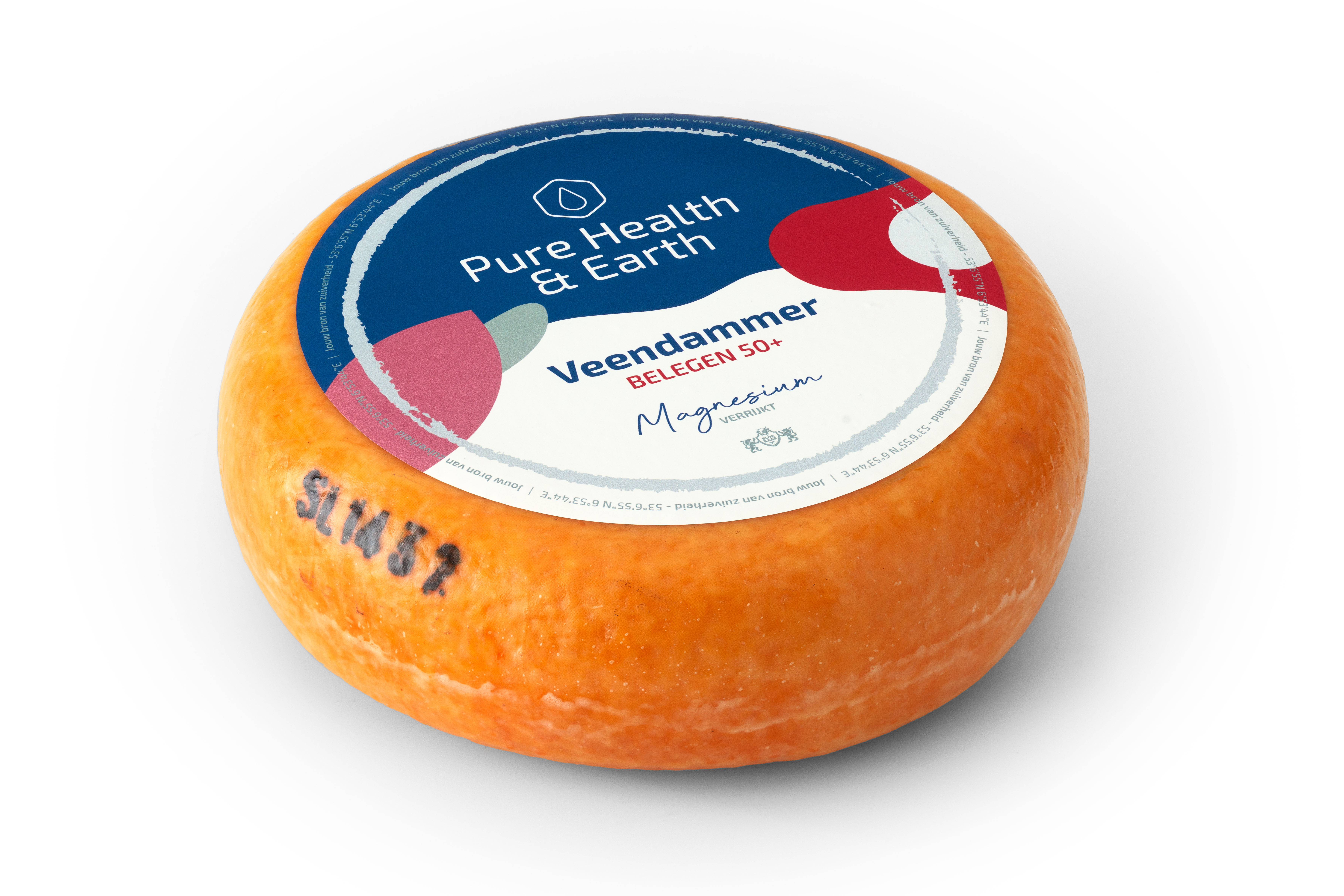
Magnesium Enrichment
Magnesium enrichment also offers a benefit to health. For instance, magnesium contributes to the maintenance of strong bones and muscles. Wijnia explains, “Earlier this year, Nedmag developed a magnesium-enriched cheese in collaboration with the cheesemaker Slob, named the Veendammer. This cheese contains 120 milligrams of magnesium per 100 grams of cheese, which is equivalent to 32% of the recommended daily intake of magnesium."
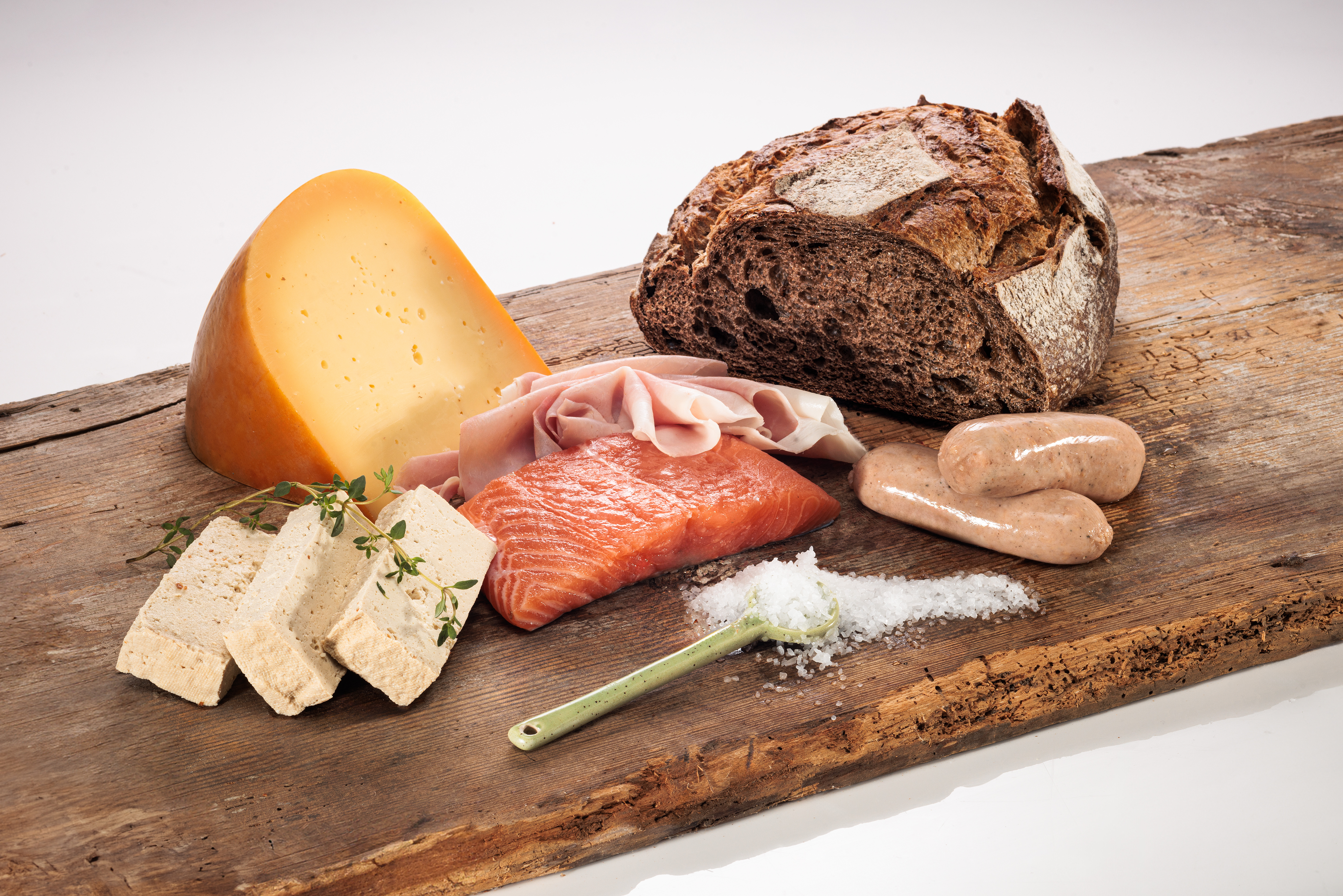
More Benefits
There are even more benefits. Wijnia explains, “Now that we are working intensively with product developers in the food industry, we are discovering that magnesium chloride has some even more interesting properties. Due to its high ionic strength, magnesium chloride is also highly suited as a preservative for raw products such as fish, meat and cheese. And, like ordinary salt, magnesium chloride works as a flavour enhancer in soups and sauces, and its solubility in water makes sodium reduction easier. Its use in health foods, and, of course, sports drinks, is therefore obvious.”

“It is always advisable to maintain a critical perspective on your own products and adjust them to contemporary needs where necessary”, emphasises Marijke Adriaens, CEO of frozen food company Fribona. “For consumers, taste is still the main consideration. It is essential to work towards a product that is, above all, tasty and visually appealing.”...
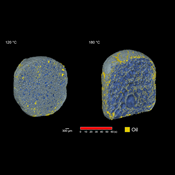
Scientists from KU Leuven have discovered how oil penetrates snacks during and after the frying process. Recent research findings point to advanced frying techniques that reduce oil absorption, as well as innovative methods to limit oil uptake during the cooling phase. This paves the way for the development of healthier snacks without compromising...
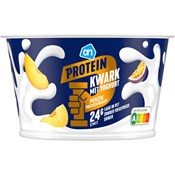
Food companies are increasingly targeting a wider range of consumer groups. Speaking at an event organised by Fenavian, Julian Mellentin of New Nutrition Business said this strategy offers significant opportunities to respond to the diverse health needs and interests of today’s consumers. “Consumers enjoy both animal and plant-based proteins”, he...

Backed by financial partners, Start it @KBC is launching the accelerator programme Scale it Agro, aimed at scale-ups offering sustainable and innovative agricultural solutions for agriculture and horticulture businesses. Kjell Clarysse, programme director at Scale it Agro, goes into more detail.